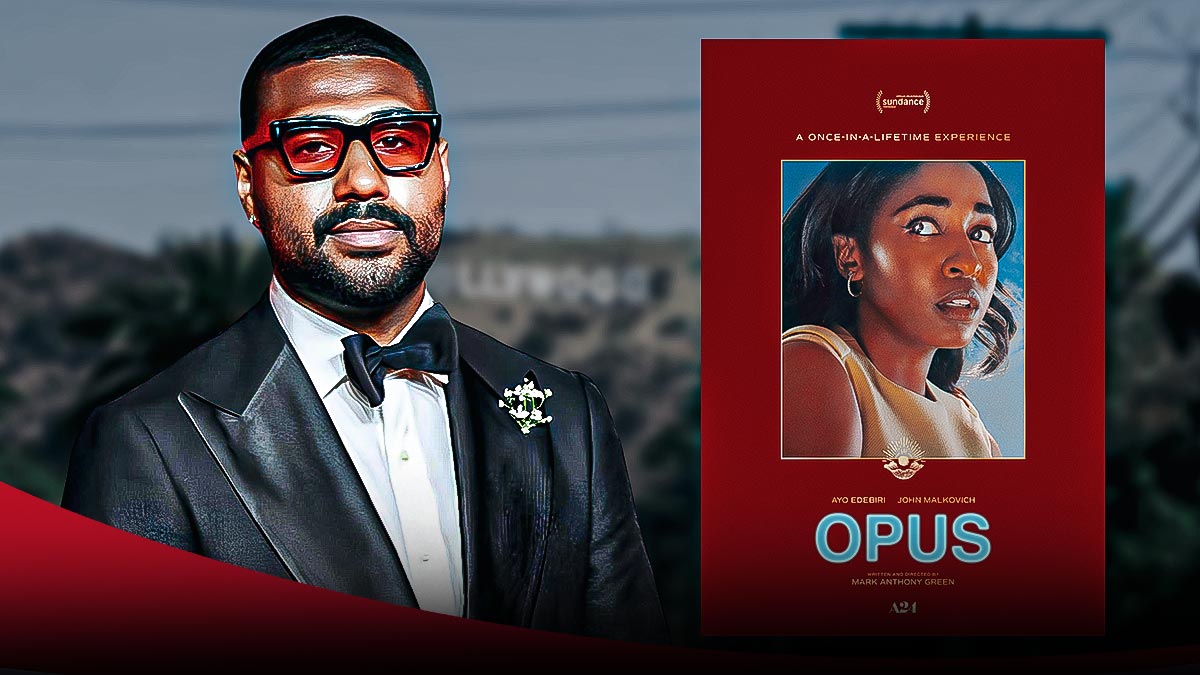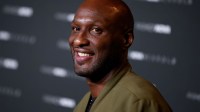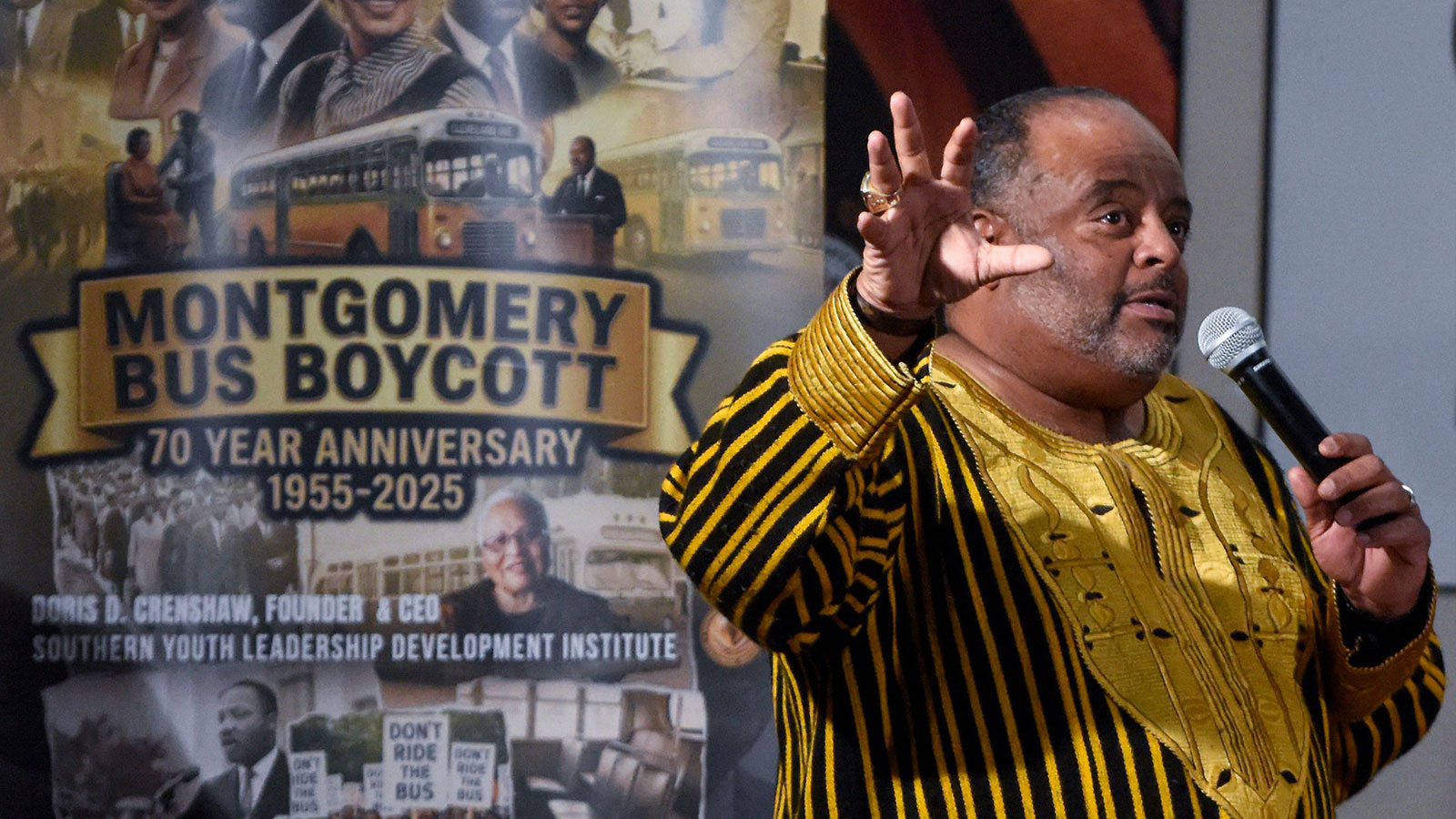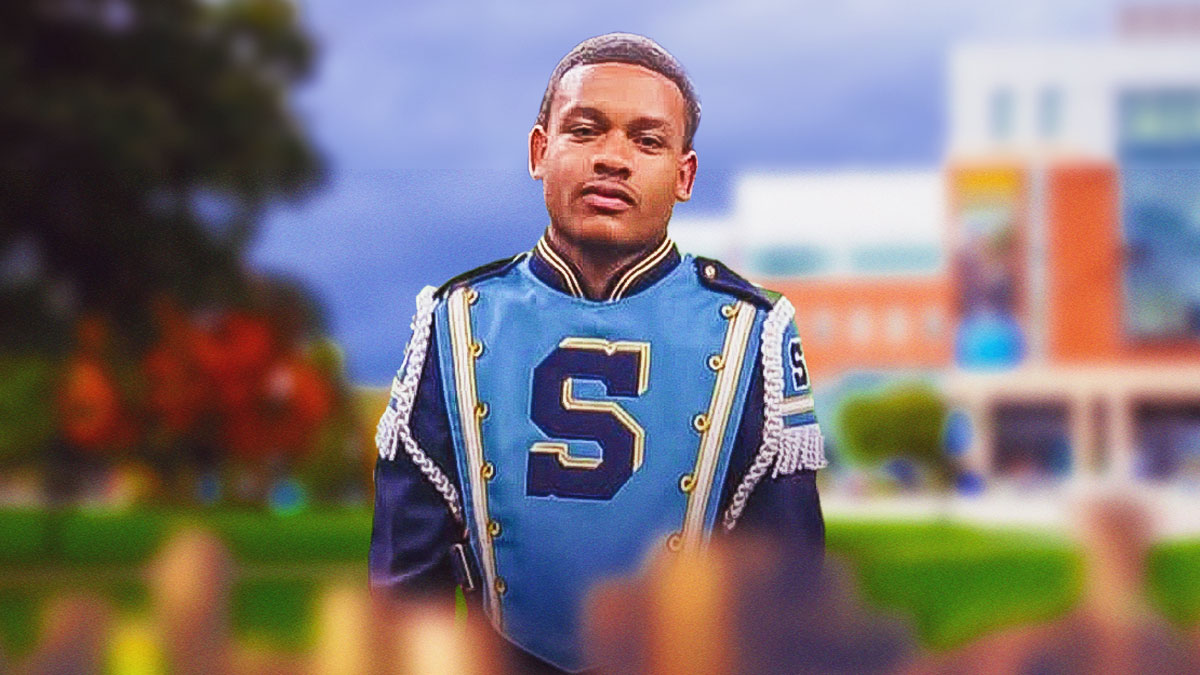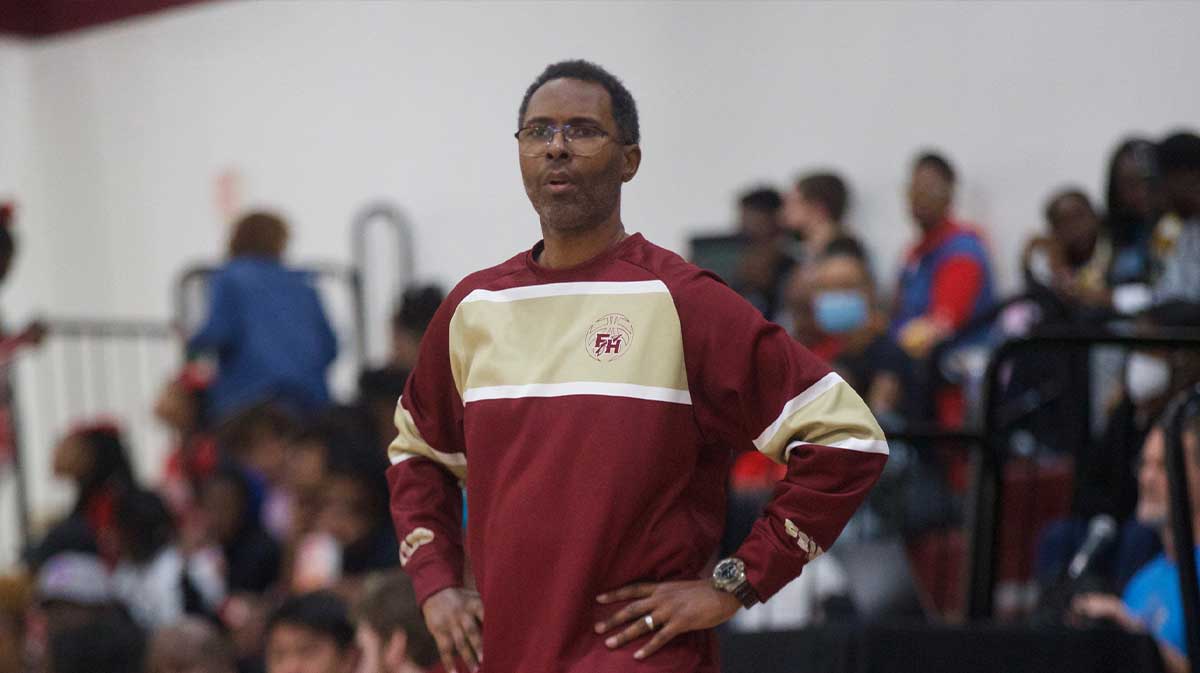When asked why they chose their HBCU, alumni often give a detailed response, usually ending with the phrase, “I didn’t choose my HBCU, my HBCU chose me.” Mark Anthony Green, the talented GQ wordsmith who has since become a celebrated writer and director, offered a response to why he attended Morehouse College that is both captivating and thought-provoking.
“Spelman,” he said in a one-word response.
Green's explanation about his HBCU journey perfectly showcased the sharp mind of the Opus writer and film producer, who spoke with me for a few minutes during his media rounds promoting the new film. A native of Kansas City, Kansas, the stylings of André 3000 on OutKast's Grammy-award-winning double album Speakerboxx/The Love Below compelled him to voyage to Atlanta for his college experience.
“I was supposed to go to the Sadie Hawkins dance with this girl that I had a big crush on and that album came out and I was about to take a shower,” Green explained. “So I'm in a towel and I press play and I used to have a Nickelodeon CD player that I had when I was a kid and I just….I never graduated from it…and I press play on the album. And if you remember that album starts off with Andre doing like a ragtime. ‘Everybody needs somebody to love.’ And it just was so not a rap album….And before I knew it, I had stood there and listened to the whole album and I was running late now. Like, do I go to this dance with this girl Or do I listen to this album again?”
Mark's decision at this moment arguably changed the direction of his life.
“And I stood her up and I listened to the album again, which is a terrible thing that young Mark Anthony did. And then that night I asked my mother, were there colleges in Atlanta? And then I went to go visit Morehouse because she said, ‘Yes, Morehouse College.' And then I fell in love with Spelman and then I committed to Morehouse. So it's like a one-two. Andre 3000 and Spelman is how I got there. But, yeah, it's the best decision that I have ever made.”
It certainly was a wise decision. Morehouse is one of the most prestigious institutions in the nation, boasting alumni such as Martin Luther King Jr., Samuel L. Jackson, and Georgia Senator Raphael Warnock. It was at Morehouse where he started his career at GQ Magazine at the age of 19, ultimately climbing up the ranks to become the “Style Guy” columnist. While at Morehouse, he certainly gained perspective on the duality of African-American culture, which can be seen in Opus via the main character Ariel Ecton, played by Ayo Edebiri with a character name inspired by a Spelman student he encountered in his college experience.
Ecton isn't your typical protagonist, especially in a movie that explores the dualities of the Thriller and Horror genres. She's awkward and quirky but also relatable due to her rise up the ranks of her journalism career in her late 20s and a feeling that she isn't doing enough to truly get ahead.
That career ambition in itself leads her to the compound of fictional musical legend Moretti, portrayed by veteran actor John Malkovich, who invited a select few media members to hear his latest work. The compound in itself is the home of a cult led by Moretti, with Ecton being the only one who seems to notice the bizarre occurrences happening around them during their trip.
In creating the character of Ariel Ecton, Anthony was intentional. He didn't want to create a film about race or where race and blackness are the center focus. However, he certainly wanted to center a black experience and create a protagonist that is unique in the thriller genre.
“There is a protagonist [who] is a young black woman that never does something stupid. She never falls when she's being chased. She never runs into the room. You're not constantly screaming at the screen, ‘Why does she do that?' Like, she's black. She's in the script. You barely can see it but you know, she's an HBCU grad.
He continued, “Like to me, this is a black film. And I think that there has to be films that have black leads, black people at the helm creatively of the films that don't deal with racism. Because as you know, which is one of the beautiful things about HBCUs, is that, you know. When you separate that element out of it, the experience of the black diaspora, it's so diverse.”
A standout feature of the film is its rich exploration of different perspectives. Opus examines the many aspects of the celebrity experience in this country, tackling themes such as tribalism and idolatry. In my interpretation, the film mocks these elements of celebrity culture in a hyperbolic way but also showcases a subtle aloofness from the visitors to Moretti's compound to hear his “opus”, defined as “any artistic work, especially one on a large scale.”
Did they notice the strange events at the compound and Moretti's behavior? Or, did they dismiss it as the eccentricities of a genius, excusing destructive actions often overlooked in talented celebrity figures? While these were my takeaways and Mark Anthony Green acknowledged that tribalism and celebrity idolatry were central themes of the film, he encouraged viewers to interpret its message and meaning through their own perspective.
“I think my job isn't to have the answers and a film's job isn't to give you the answers or to, uh, posture as if it has the answers,” he said. “I think a film's job at its most successful is provocative, provocative enough and evocative enough to make you, you know, uh, ask the questions and to sit with your friends. And to talk about, you know, to ask, to ask if this thing still serves us. And you guys are much smarter than I ever will be…Hopefully, some dialogue comes out of that, that brings us closer to just a better place.”
Opus premieres in theaters on March 14th.

